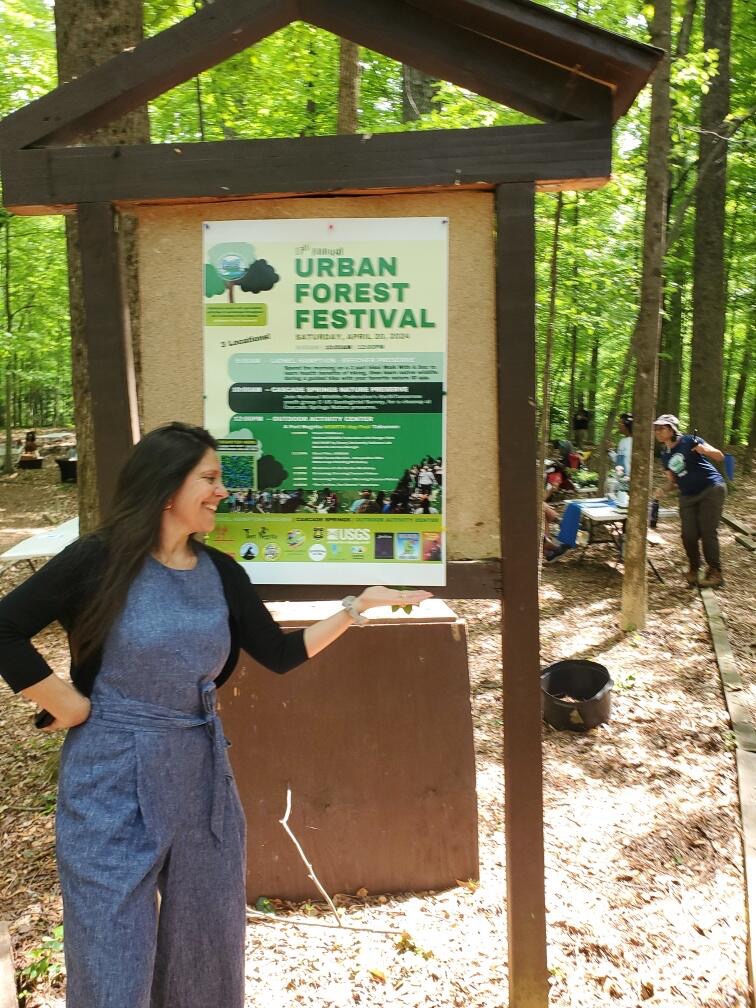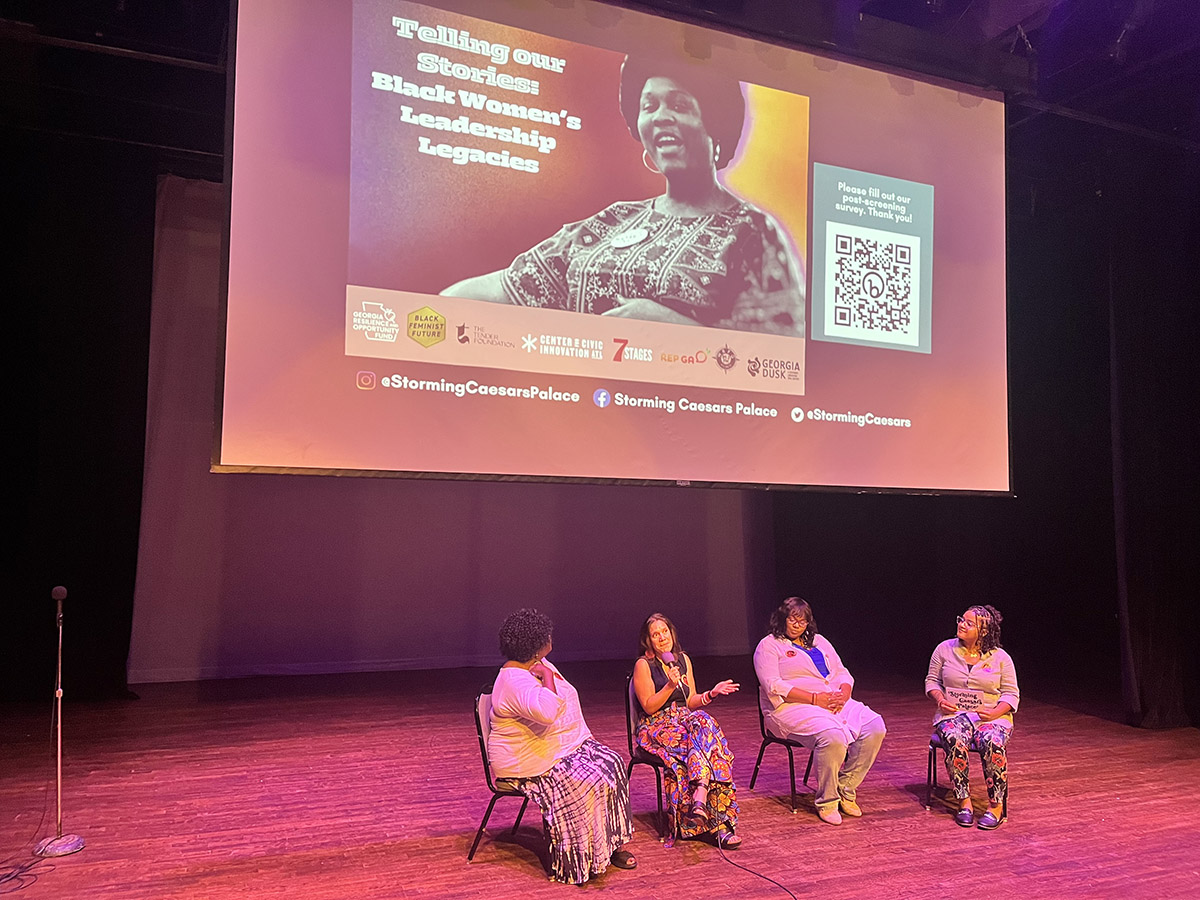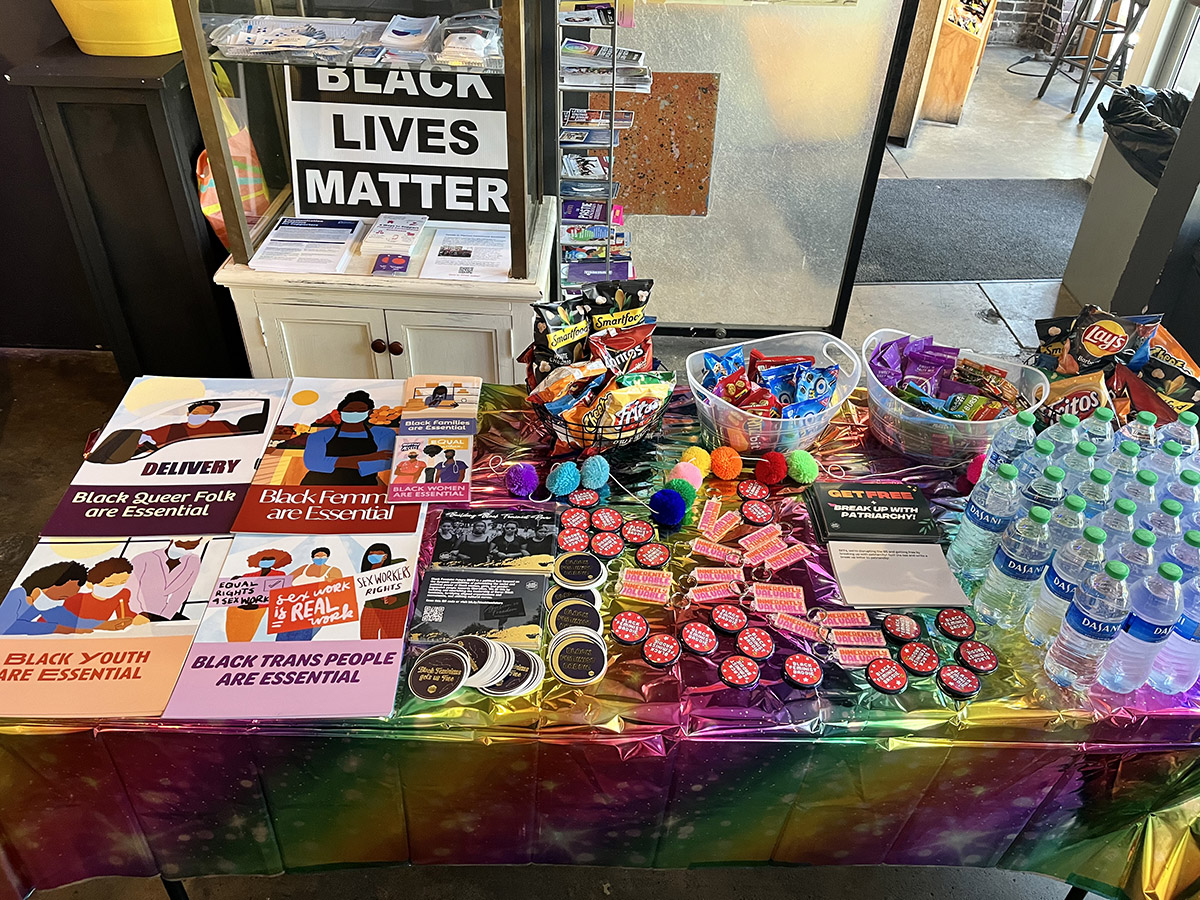About
Our Stories, Our Justice is a participatory storytelling project that centers individuals and their communities in a collective effort to (re)produce oral and visual histories that shine light on a continuum of radical leadership by BIPOC and marginalized women.
This project is inspired by Storming Caesars Palace and the stories of the grassroots women who led the Mother Power movement in the 1960’s and 1970’s. They cast off centuries of systemic racism, structural violence, and destructive narratives to create a blueprint for a just and equitable future.
Why a Storytelling Campaign?
For many activists, workers, and people of color, their stories remain untold. We aim to disrupt that narrative by convening conversations and collecting stories at our screenings and events throughout the country as part of the Our Stories, Our Justice campaign in partnership with local organizations and universities. These stories – preserved forever on our website and in archives – can spark change, influence policy, and serve as a testimony to the strength of everyday people. We launched the campaign with a film screening and storytelling event in Atlanta, GA, Denton, TX and a community journalism project with UNLV.
We believe that it is imperative to address missing intersectional civil rights and structural racism history and change the narrative—in order to foster future coalitions across racial, gender and class lines. Through our Impact campaign, we have celebrated achievements, shared knowledge, and, through a collaborative process with our partners, built a Storytelling Campaign that centers movement voices and ideas, to serve as a touchstone and legacy for the film. In today’s recession-bitten crisis when millions of Americans—disproportionately BIPOC women—are unemployed, unhoused and food insecure, discussions around the government’s role in providing economic security are urgent and timely. We are working to uplift the stories of impacted individuals and leaders, in all their complexity, in each community we visit.
EXPLORE MORE STORIES
Stephanie Moore

Eduardo Rossal

Serena Grant










